Archaeological Places
They operate like outdoor museums and show the development of the island in several areas
Cyprus, although small geographically, is nevertheless enormous in the grandeur of the archaeological monuments of various chronological periods that flood and decorate the island from one side to the other.
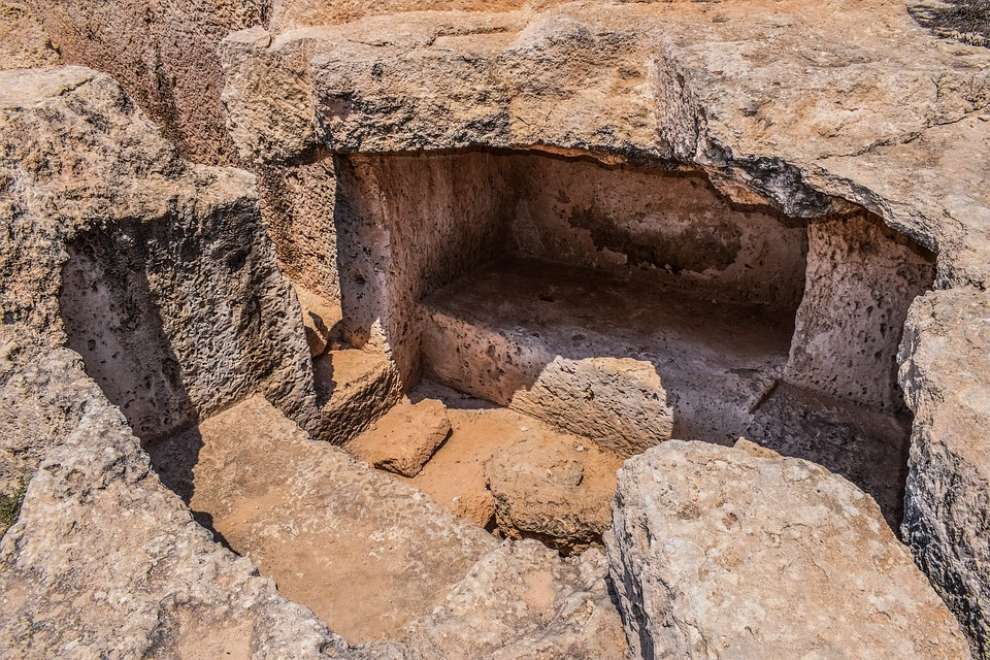
These archaeological sites, operating as open-air museums, show the development of the island in several areas.
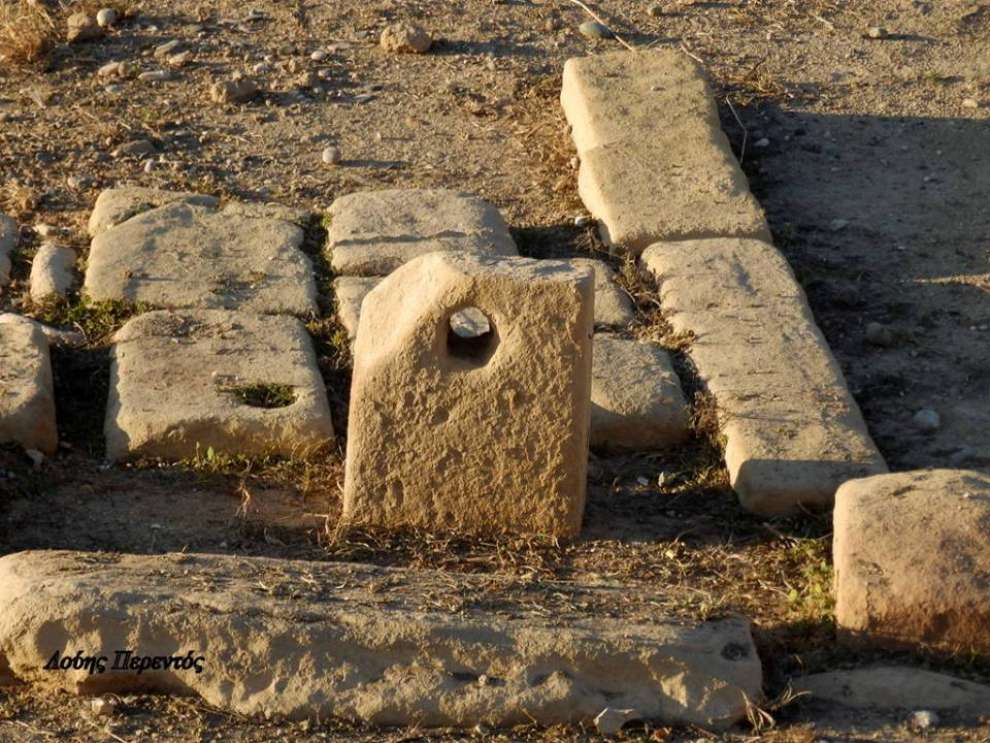 Photo:Λούης Περεντός
Photo:Λούης Περεντός
Evidence of the tumultuous history of Cyprus can be found throughout the whole island. Our island is a "huge open museum" where one can see the evidence left behind by many foreign conquerors, where they often wanted to use the island mainly because of its strategic position and the fact that it is in crossroads of three continents.
Beautiful temples built on the tops of the hills by the ancient Greeks of Mycenae, who settled on the island, dedicated to the various gods of Olympus. The goddess Aphrodite, the goddess of beauty and love, holds a prominent position. Theaters, magnificent mosaics, ancient finds, ancient tombs, and more are witnesses to this huge open museum.
The most important witnesses of the archaeological heritage of Cyprus under the protection of the Department of Antiquities of Cyprus are the following archaeological sites:
Nicosia
- Tamassos, Political Village
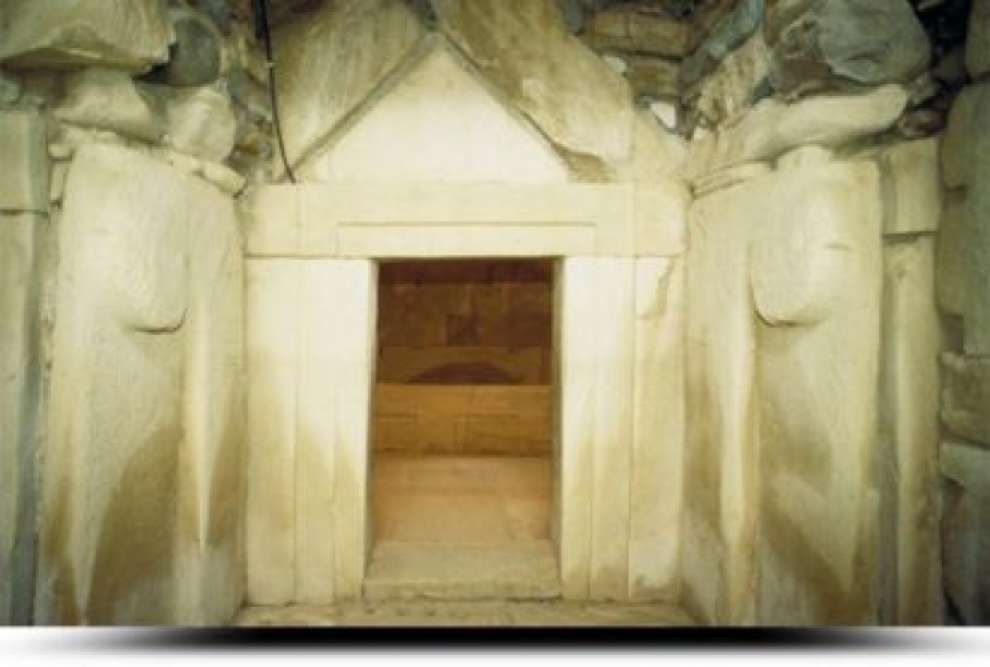
Limassol
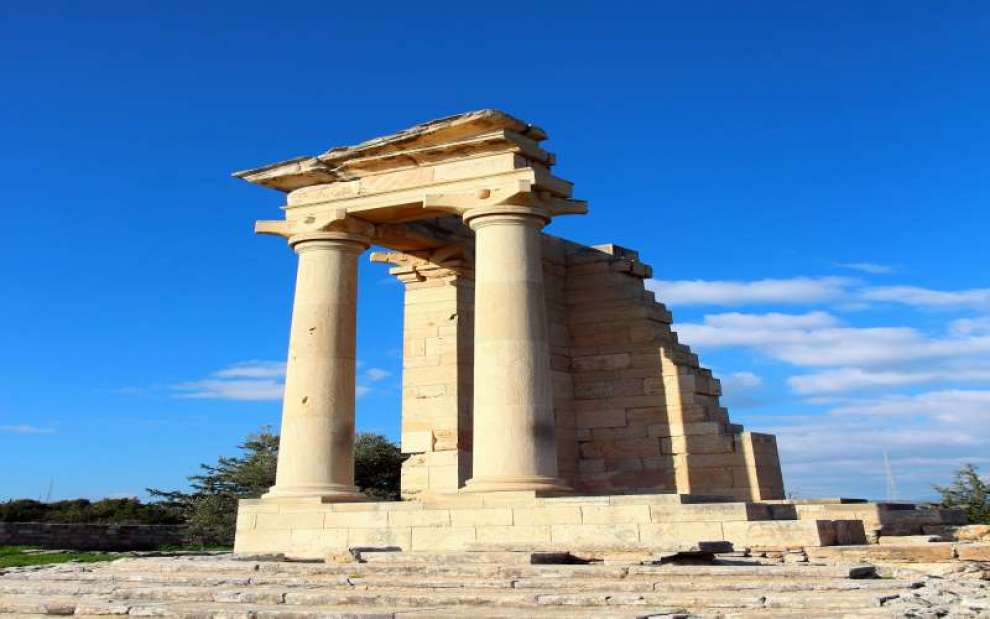
Larnaka
- Kition
- Choirokoitia
- Kalavasos-Tentas
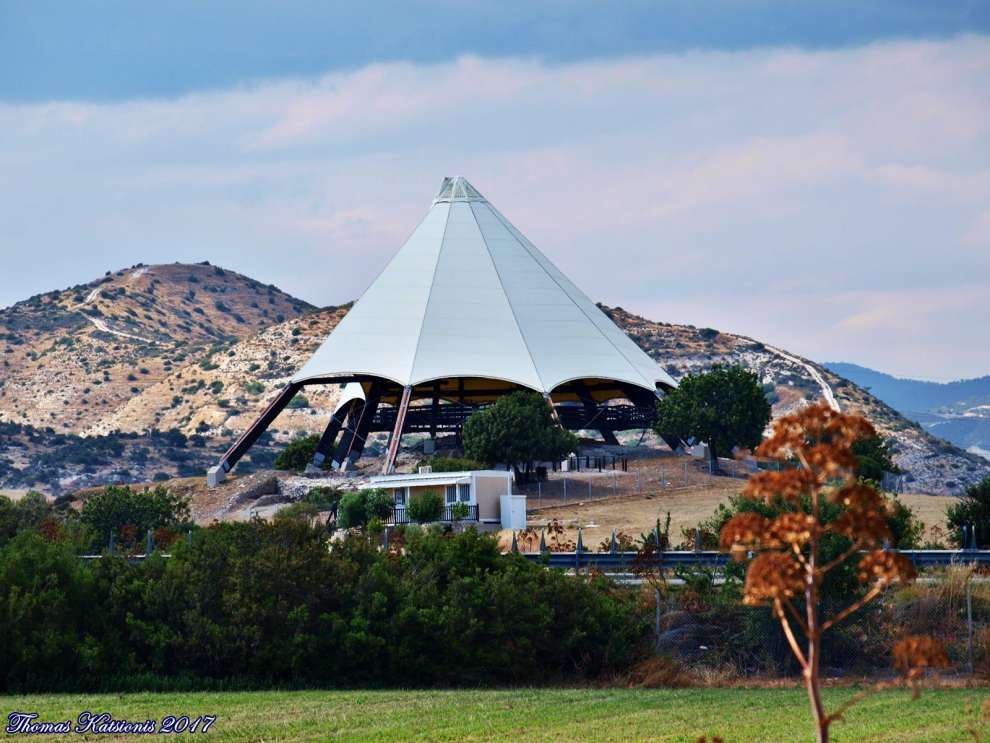 Photo: Thomas Katsionis
Photo: Thomas Katsionis
Pafos
- Palaipaphos (Kouklia)
- New Paphos
- The House of Dionysos
- The Tombs of the Kings
- Maa-Palaiokastro
- Saint Georges of Peyia
- Castle "Forty Columns"
- Odeon-Agora
- Pafos Mosaics
- The Sanctuary of Aphrodite
- The catacomb of St. Solomoni
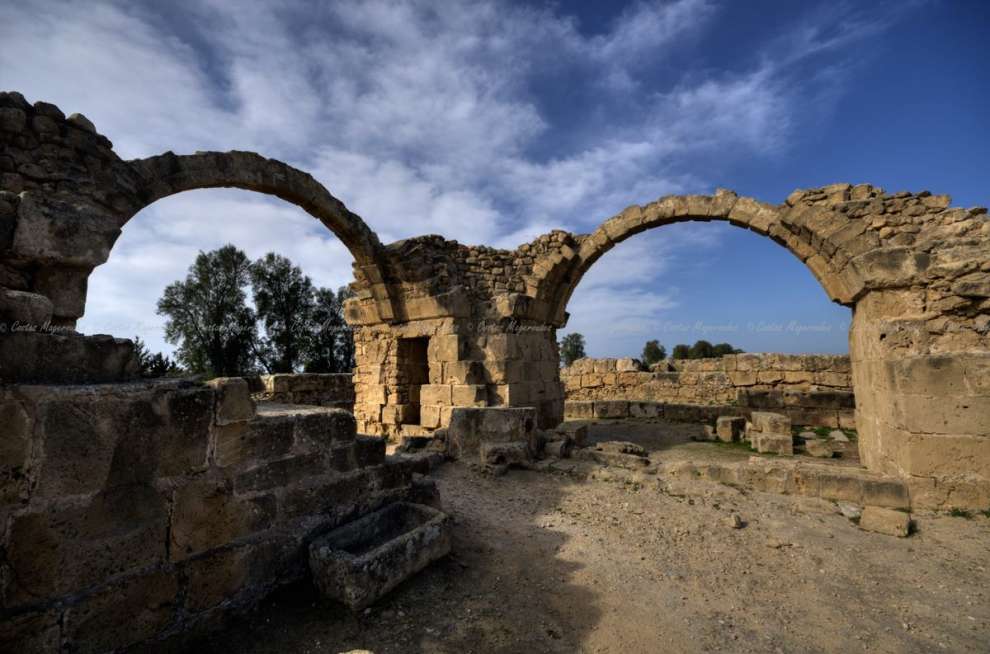 Photo: Costas Mageiroudes
Photo: Costas Mageiroudes

 English
English
 Ελληνικά
Ελληνικά Русский
Русский